Ukraine war: 'Artificial shortage' of weapons helps Putin, says Zelensky
- Published
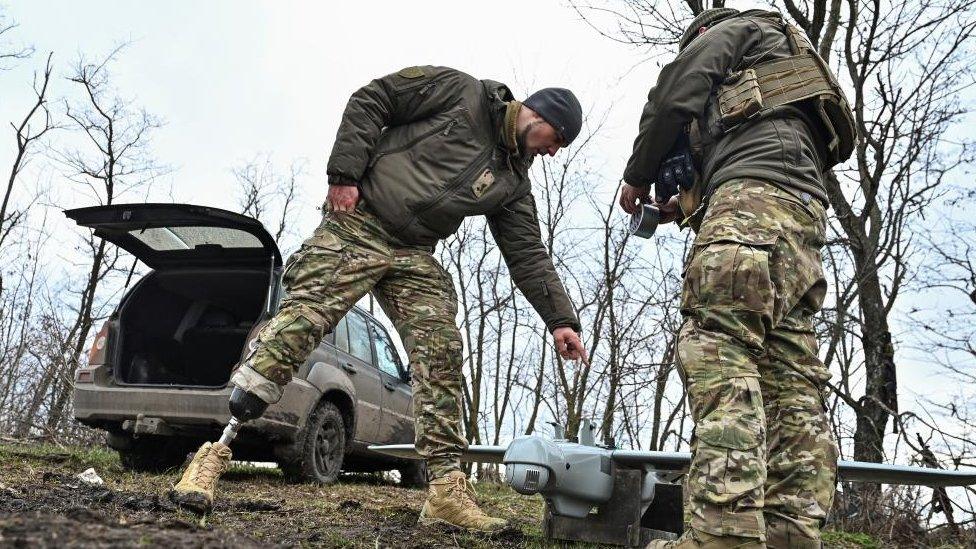
There are fears that the lack of ammunition is affecting performance as well as morale in Ukrainian ranks
Ukraine's President Volodymyr Zelensky has made an urgent appeal for more weapons to avoid a "catastrophic" situation in Europe.
An "artificial deficit of weapons" will only help Russia, Mr Zelensky told an international conference in Germany.
Ukrainian troops have been running out of ammunition as vital US support has been held up by supporters of former President Donald Trump in Congress.
Mr Zelensky said he was prepared to tour the front lines with Mr Trump.
"If Mr Trump will come, I am ready to go with him to the front line. What does it mean, the real war, not Instagram, the real war," the Ukrainian president said.
President Joe Biden assured Mr Zelensky during a phone call on Saturday that the US was committed to supporting Ukraine's fight against "Russia's brutal invasion", the White House said in a statement.
Mr Biden also said that earlier in the day "Ukraine's military was forced to withdraw from Avdiivka after Ukrainian soldiers had to ration ammunition due to dwindling supplies as a result of congressional inaction, resulting in Russia's first notable gains in months".
Avdiivka - a gateway to the Russian-seized Donetsk regional capital in the east - had for months witnessed some of the fiercest fighting before the Ukrainian pull-out announced by the country's top military commander.
For his part, President Zelensky said in a post on X, formerly Twitter, that the two leaders discussed the current situation on the front line.
He said he was "grateful to have President Biden's full support", adding that he hoped Congress would make a "wise decision" on approving a stalled aid package for Ukraine.
US Vice-President Kamala Harris had earlier repeated assurances of support to Kyiv.
The US "can't play political games" over the military aid, she said at a joint news conference with Mr Zelensky at the Munich Security Conference.
The gathering of world leaders and senior defence officials comes one week before the two-year anniversary of Russia's full-scale invasion of Ukraine.
The president told delegates Ukrainian efforts were "limited only by the sufficiency and length of range of our strength".
"I will die here": Evacuation "angels" help front-line town's last residents flee
"Keeping Ukraine in the artificial deficits of weapons, particularly in deficit of artillery and long-range capabilities allows Putin to adapt to the current intensity of the war," he said.
"Ukrainians have proven that we can force Russia to retreat," he said. "We can get our land back."
He went on to warn that the Russian leader would make the next few years "catastrophic" for many more countries if the Western world did not stand up to him.
"Do not ask Ukraine when the war will end. Ask yourself, why is Putin still able to continue it?" Mr Zelensky told the conference.
Ukraine is critically dependent on weapons supplies from the US and other Western allies to keep fighting Russia - a much bigger military force with an abundance of artillery ammunition.
UK Foreign Secretary David Cameron said help for Ukraine from the UK, the EU and the US would make a "real difference" to the fight against Russia.
But earlier this week, the US Senate approved a $95bn (£75bn) foreign aid package - including $60bn for Ukraine - after months of political wrangling, but it faces an uphill battle in the House of Representatives, where members of the Republican Party who are loyal to Mr Trump seem unwilling to pass the measure.
Outgoing Dutch Prime Minister Mark Rutte told the Munich conference Europe should help Ukraine more because it was in its interests, and stop "all that whining and moaning about Trump".
Nato Secretary General Jens Stoltenberg said a Putin victory in Ukraine was "not only a tragedy for the Ukrainians but it sends not only a message to Putin but also to [Chinese President] Xi [Jinping], that when they use military force, they get what they want. So what happens in Ukraine today and can happen in Taiwan tomorrow. And therefore I strongly believe that it's a good deal for the United States to support Ukraine. It's not charity, it's an investment into their own security."
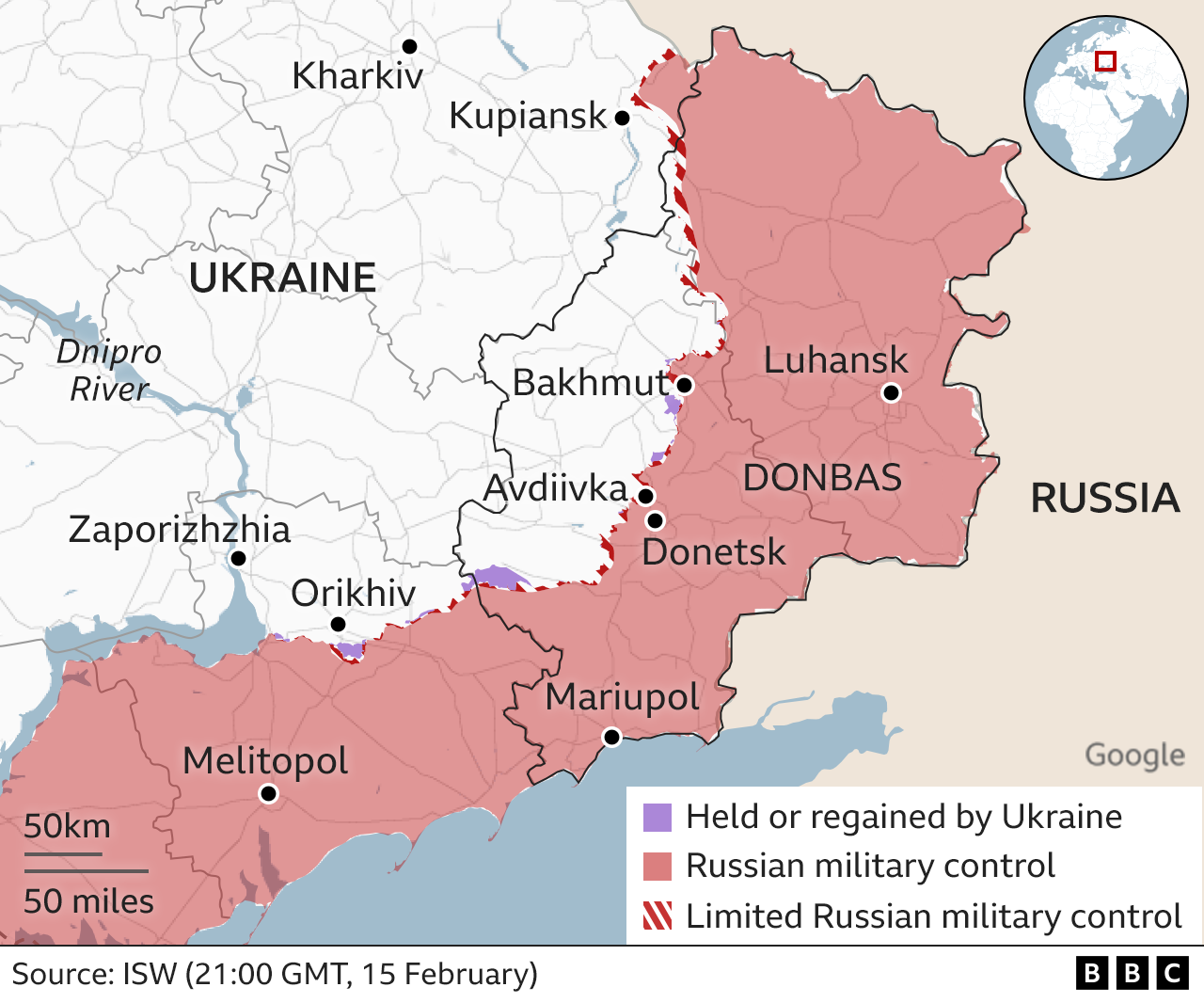
Related topics
- Published17 February 2024
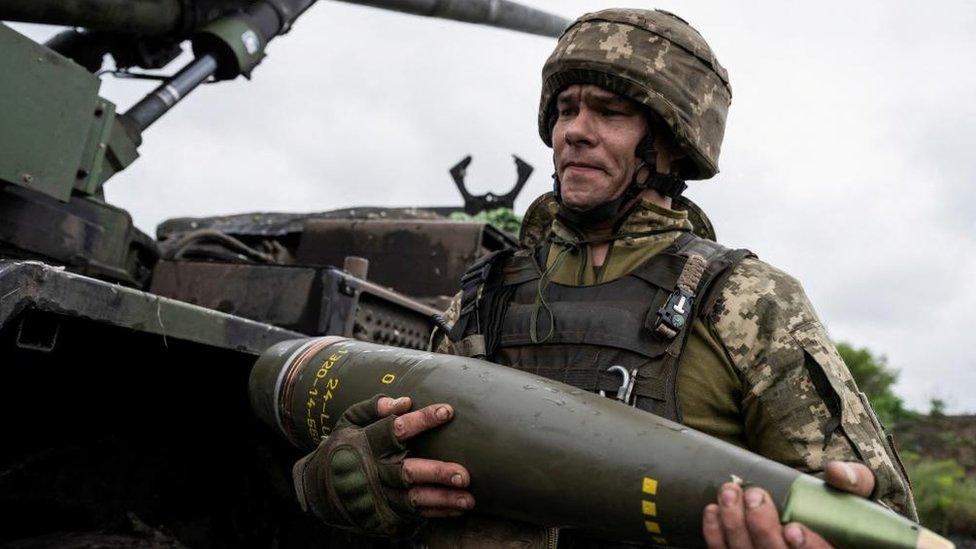
- Published17 February 2024
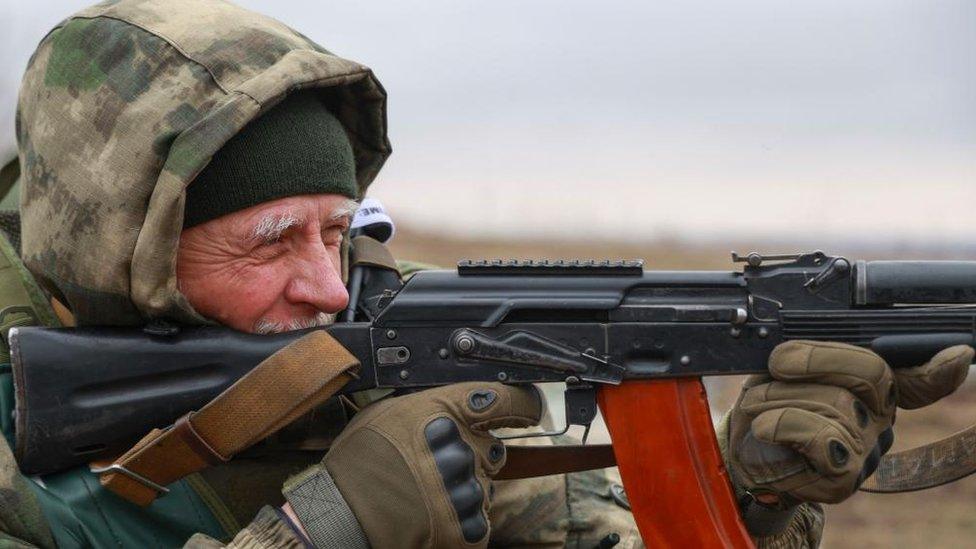
- Published15 February 2024
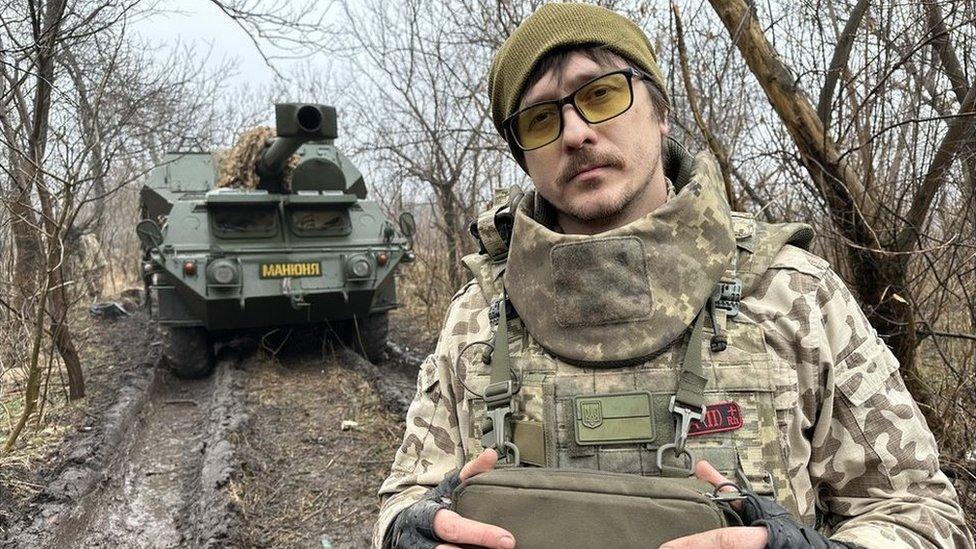
- Published30 January 2024
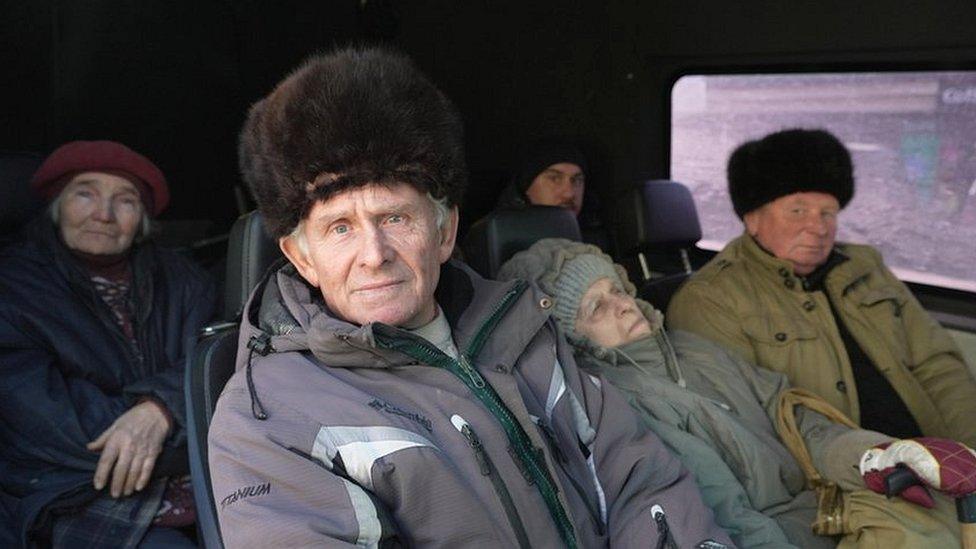
- Published14 February 2024
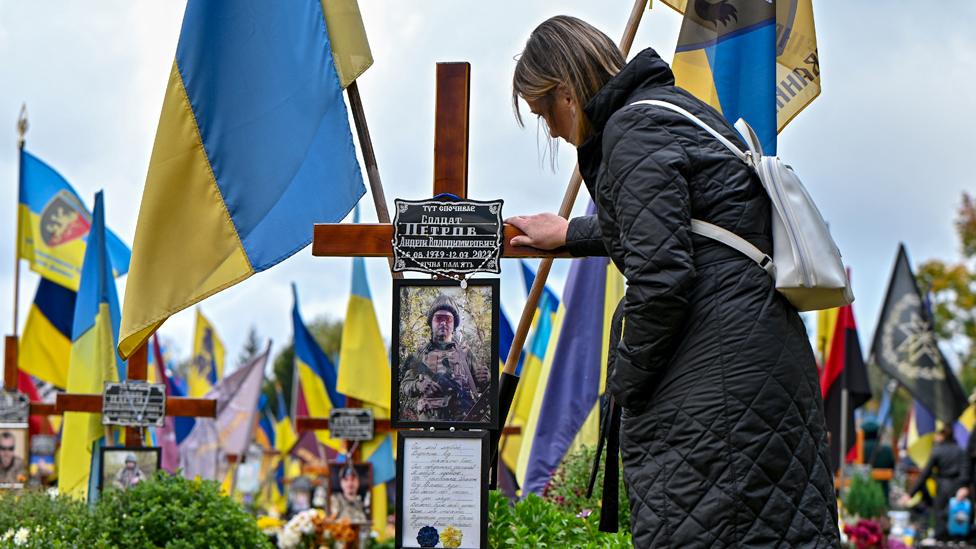
- Published10 February 2024
